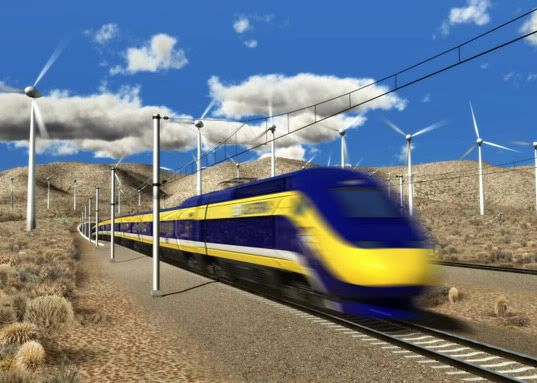Austerity is not going well for Europe or the US.
U.S. Stocks Post Longest Slump in 1 Month on Europe Woes
by Rita Nazareth and Julia Leite
U.S. stocks fell, giving benchmark indexes the longest slump in more than a month, after a jump in Spanish bond yields above 7 percent intensified concern about Europe’s crisis and as investors awaited Alcoa (AA) Inc.’s results.
The Standard & Poor’s 500 Index slid 0.2 percent to 1,352.45 at 4 p.m. New York time, according to preliminary closing data, paring an earlier loss of as much as 0.6 percent. The benchmark index dropped 1.6 percent over three days. [..]
Stocks joined a global slump as the yield on Spain’s 10- year bond rose above the threshold that prompted bailouts in Greece, Ireland and Portugal. German Finance Minister Wolfgang Schaeuble dismissed a rapid move toward direct bank recapitalization by the European rescue fund, limiting the tools for shoring up Spanish banks as the euro-area crisis simmers.
Stocks Retreat as Spanish 10-Year Bond Yield Exceeds 7%
By Stephen Kirkland and Rita Nazareth
U.S. stocks fell for a third day as Spain’s 10-year debt yield topped 7 percent, fueling concern the debt crisis is worsening, and investors awaited the start of the earnings season. Corn and soybeans surged on forecasts for more dry U.S. weather. Treasuries rose.
The Standard & Poor’s 500 Index slipped 0.2 percent at 4 p.m. in New York and the Stoxx Europe 600 Index fell 0.4 percent. Ten-year Spanish yields jumped 11 basis points to 7.06 percent after rising as high as 7.108 percent. The euro climbed 0.2 percent to $1.2319, rebounding from a two-year low of $1.2251. Corn rose as much as 5.8 percent and soybeans jumped to a four-year high. Oil added 1.8 percent to $85.99 a barrel and natural gas rallied as a strike threatened supplies from Norway.
E.U. Seeks to Dispel Doubts About Bank Bailouts
by Paul Geitner and Stephen Casstle
BRUSSELS – With borrowing costs for Spain and Italy climbing again to critical levels, European officials sought Monday to dispel doubts about a deal struck last month to break the “vicious circle” between shaky banks and weak governments.
Spain, suffering through its second recession in three years, was also expected to win more time to rein in its budget deficit even as euro zone finance ministers haggled in Brussels over terms of a bailout for its troubled banks.
Amid the unrelenting market pressure, the European Central Bank reaffirmed that it stood ready to do more to stem the crisis – within the limits of its mandate – while urging euro zone governments to press ahead with closer integration.
Even here in the US, the Federal Reserve admits that they may be reaching there limits on their ability to fix unemployment and are at odds as to what to do next.
Fed’s Lacker Says U.S. May Be Close to Maximum Employment
By Kathleen Hays and Jeff Kearns
Federal Reserve Bank of Richmond President Jeffrey Lacker said the U.S. may already be close to maximum employment from a monetary policy standpoint and that policy makers can’t do much more to cut the jobless rate.
“Given what’s happened to this economy, I think we’re pretty close to maximum employment right now,” Lacker said today in a Bloomberg radio interview on “The Hays Advantage” with Kathleen Hays and Vonnie Quinn. “That might be shocking. That might be surprising.”
Fed policy makers believe the U.S. central bank has limited control over the jobless rate because the employment level is driven by “non-monetary factors that affect the structure and dynamics of the labor market,” according to the January statement from the Federal Open Market Committee. The jobless rate was unchanged at 8.2 percent in June.
Lacker, who has dissented from all four FOMC decisions this year, is at odds with colleagues on what the Fed should do to boost the economy. He said in a June 22 statement that he opposed the FOMC’s $267 billion extension of its Operation Twist program because it may spur inflation and won’t give the economy a significant boost.
San Francisco Fed President John Williams said today the U.S. central bank must maintain “extraordinary vigilance” to see if the slowing economy requires additional monetary stimulus. “If further action is called for, the most effective tool would be additional purchases of longer-maturity securities, including agency mortgage-backed securities,” Williams said in a speech in Coeur D’Alene, Idaho.
While all the PTB debate how to save banks and the markets, the 99% are getting poorer putting an even bigger drag on the economy. For most the recession never ended.


Recent Comments